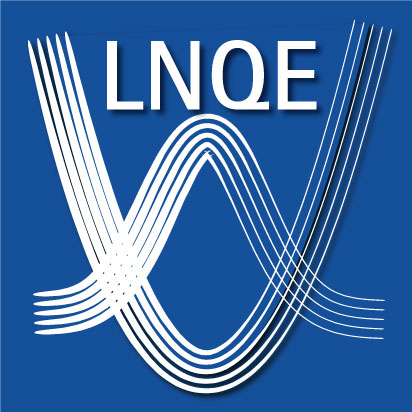Colloidal synthesis opened up a versatile way to tailor two-dimensional transition metal dichalcogenides. In particular, the huge oscillator strength of excitons in colloidal MoS2 makes the material appealing for excitonic devices. In this context, we studied ultrafast excitons with transient absorption (TA) spectroscopy in MoS2 nanosheets (NSs, 22 ± 9 nm) and nanoplatelets (NPLs, 8 ± 4 nm) with NPLs providing additional lateral confinement of excitons in the structures. Carrier relaxation mechanisms are identified by extending the TA setup with a custom micro cryostat and by extracting time-dependent line shapes. The exciton lifetime in MoS2 NSs almost doubles from 12 to 22 ps by cooling the samples from 295 to 9 K, which is attributed to phonon scattering. Temperature-dependent recombination dynamics are found for the sparsely studied C and D excitons, thus covering the full visible spectrum by time-resolved characterization. For smaller MoS2 NPLs, the A exciton signature reappears at cryogenic temperatures, allowing laterally confined excitons in MoS2 to be extensively studied for the first time.
Original articel:
A. P. Frauendorf, A. Niebur, D. Rudolph, M. Oestreich, J. Lauth, J. Hübner: Ultrafast Recombination Dynamics under Lateral Confinement and Cryogenic Temperatures in Colloidal MoS2, J. Phys. Chem. C 2024, 128, 39, 16597–16606
DOI: 10.1021/acs.jpcc.4c04581

![[Translate to English:]](/typo3temp/assets/_processed_/e/1/csm_814cede8c8678c1718f62b6750482c54e724fabc-fp-16-9-0-0_e9d66902e9.png)
![[Translate to English:]](/typo3temp/assets/_processed_/e/1/csm_814cede8c8678c1718f62b6750482c54e724fabc-fp-16-9-0-0_cebd40041a.png)
![[Translate to English:]](/typo3temp/assets/_processed_/e/1/csm_814cede8c8678c1718f62b6750482c54e724fabc-fp-16-9-0-0_d5a8d75977.png)






![[Translate to English:] Logo Zusammenland farbig](/fileadmin/_processed_/a/9/csm_zusammenland_4c_e78505eb7d.png)
![[Translate to English:] Logo Zusammenland-schwarzweiß](/fileadmin/_processed_/1/2/csm_zusammenland_sw_f06954e75c.png)